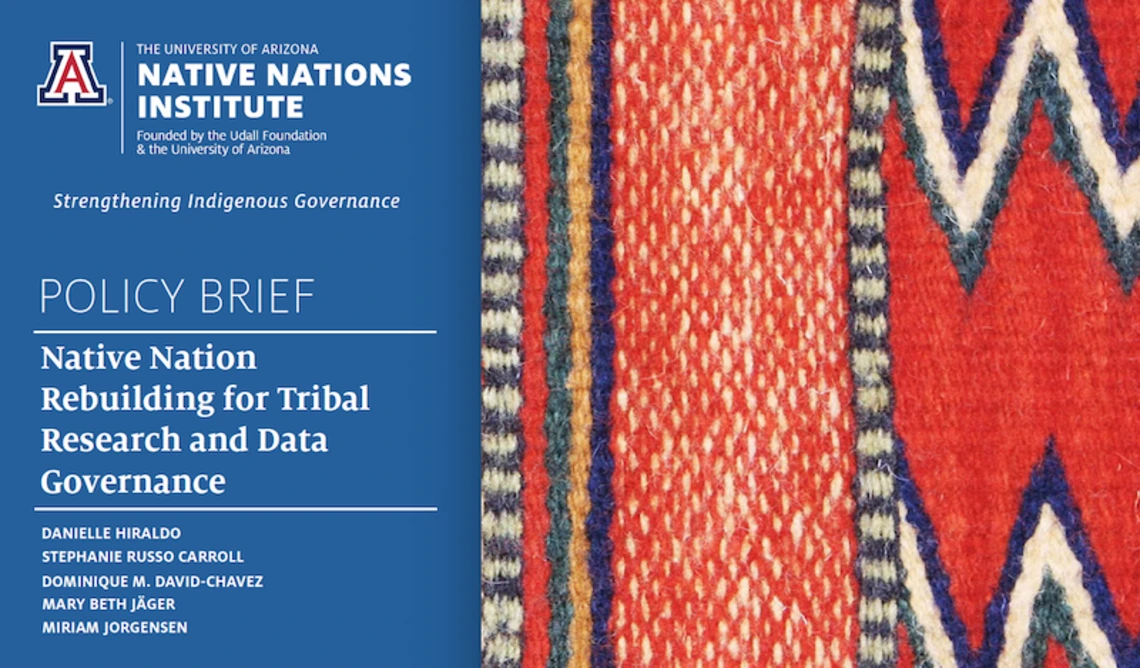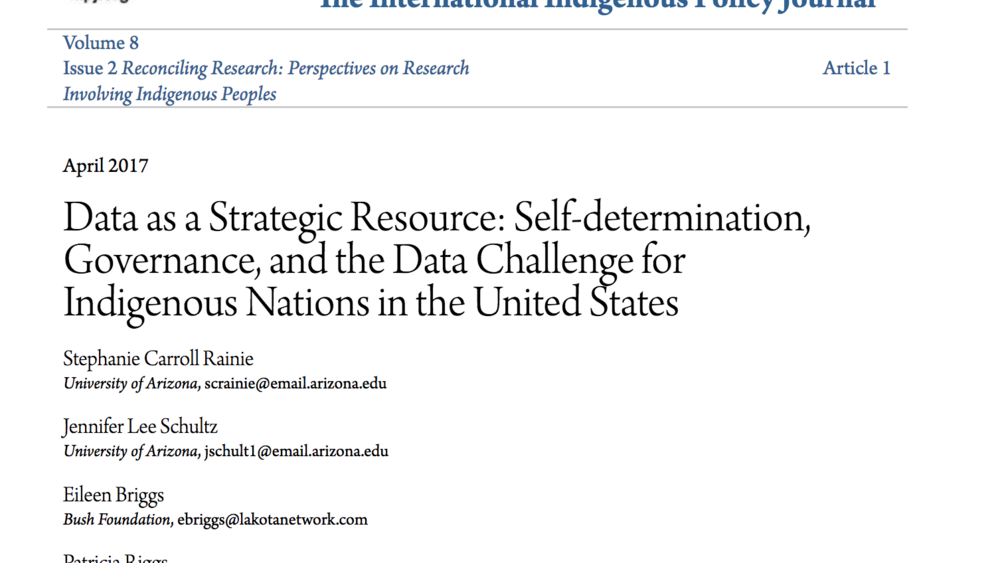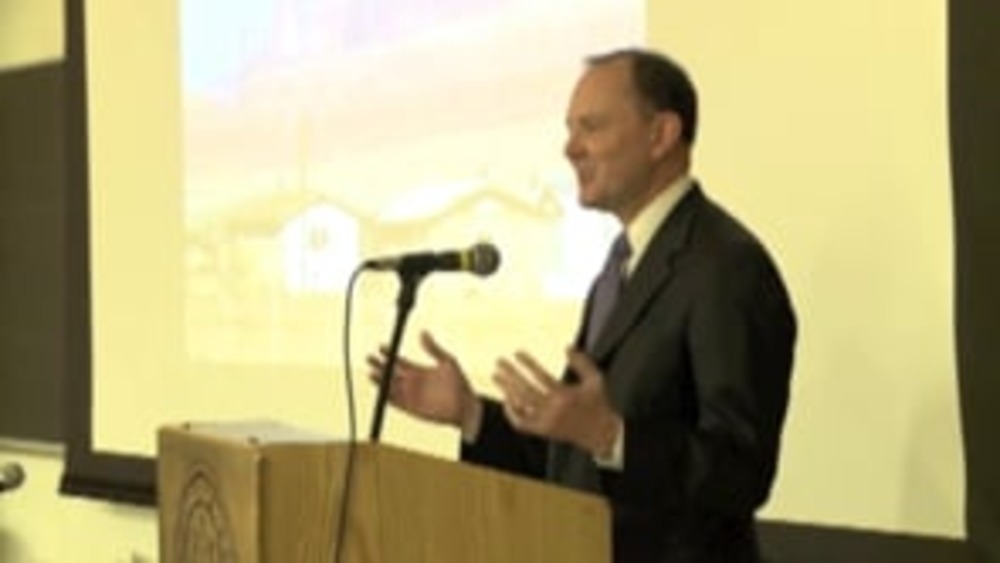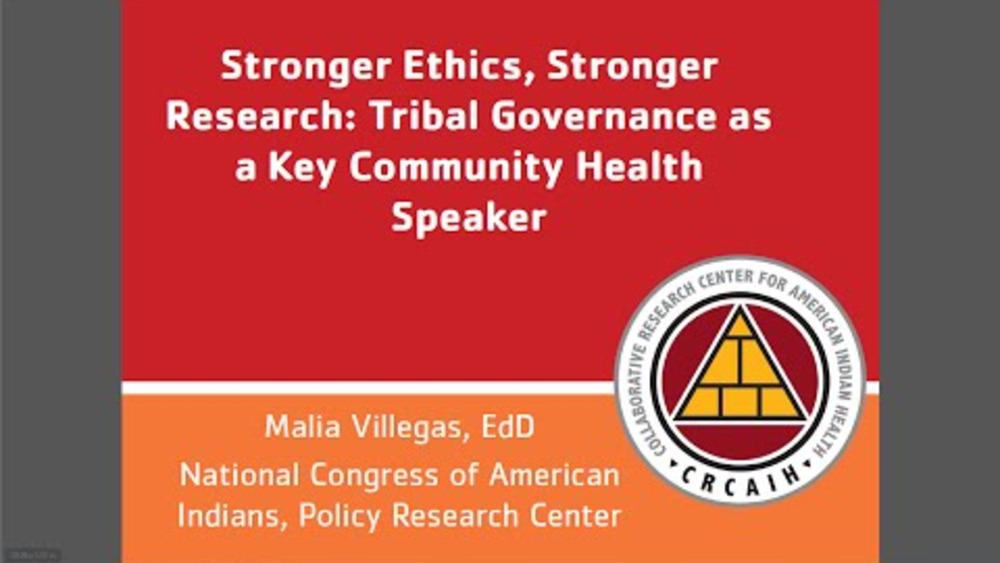Indigenous Peoples conducted research long before their interactions with European settlers. Whether through observation or practice, research in a non-western context was woven into Indigenous ways of knowing and being. It continues to inform Indigenous Knowledges of landscapes and natural resources, governance systems, intra- and inter-governmental relationships, and behavior. The outcomes of this research are reflected in how Indigenous Peoples understand who they are today. Research in Indigenous communities has evolved—and not always in positive ways. For decades, noncommunity-member researchers, including non-Indigenous researchers, have studied Indigenous Peoples and communities.
Research practices range from collaborative to exploitative, with research outcomes and outputs often intended for the benefit of users outside a particular Native nation or cultural group. Some researchers honor tribal sovereignty in their research practices and seek tribal government and community guidance on research approvals and processes (or are attempting to pivot in this direction). Others have collected data from Indigenous communities for their personal or research advancement without concern for community desires, collected data without consent from Native nations, and misrepresented how data would be used. Such actions have led to contentious engagements among public institutions, researchers, and Indigenous Peoples.
Additional Information
Hiraldo, Danielle, Stephanie Russo Carroll, Dominique M. David-Chavez, Mary Beth Jäger, and Miriam Jorgensen. 2020. "Native Nation Rebuilding for Tribal Research and Data Governance." NNI Policy Brief Series. Tucson: Native Nations Institute, University of Arizona.




